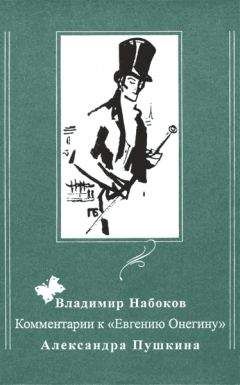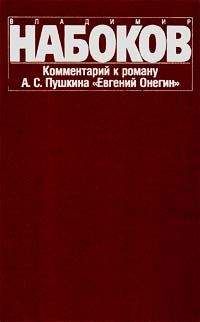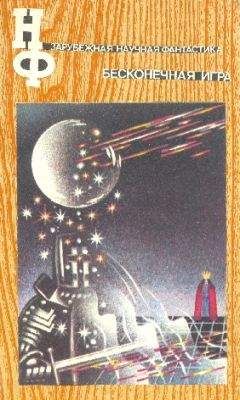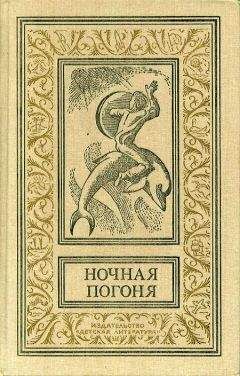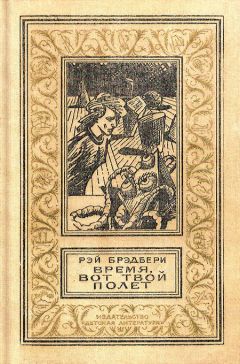XXI
The verses chanced to be preserved;
I have them; here they are:
Whither, ah! whither are ye fled,
4 my springtime's golden days?
“What has the coming day in store for me?
In vain my gaze attempts to grasp it;
in deep gloom it lies hidden.
8 It matters not; fate's law is just.
Whether I fall, pierced by the dart, or whether
it flies by — all is right:
of waking and of sleep
12 comes the determined hour;
blest is the day of cares,
blest, too, is the advent of darkness!
“The ray of dawn will gleam tomorrow,
and brilliant day will scintillate;
whilst I, perhaps — I shall descend
4 into the tomb's mysterious shelter,
and the young poet's memory
slow Lethe will engulf;
the world will forget me; but thou,
8 wilt thou come, maid of beauty,
to shed a tear over the early urn
and think: he loved me,
to me alone he consecrated
12 the doleful daybreak of a stormy life!...
Friend of my heart, desired friend, come,
come: I'm thy spouse!”
Thus did he write, “obscurely
and limply” (what we call romanticism —
though no romanticism at all
4 do I see here; but what is that to us?),
and finally, before dawn, letting sink
his weary head,
upon the fashionable word
8 “ideal,” Lenski dozed off gently;
but hardly had he lost himself
in sleep's bewitchment when the neighbor
entered the silent study
12 and wakened Lenski with the call,
“Time to get up: past six already.
Onegin's sure to be awaiting us.”
But he was wrong: at that time Eugene
was sleeping like the dead.
The shadows of the night now wane,
4 and Vesper by the cock is greeted;
Onegin soundly sleeps away.
By now the sun rides high,
and shifting flurries
8 sparkle and spin; but still his bed
Onegin has not left,
still slumber hovers over him.
Now he awakes at last
12 and draws apart the curtain's flaps;
looks — and sees that already
it is long since time to drive off.
Quickly he rings — and his French valet,
Guillot, comes running in,
offers him dressing gown and slippers,
4 and hands him linen.
Onegin hastes to dress,
orders his valet to get ready
to drive together with him and to take
8 along with him also the combat case.
The racing sleigh is ready; in he gets;
flies to the mill. Apace they come.
He bids his valet carry after him
12 Lepage's39 fell tubes
and has the horses moved away
into a field toward two oaklings.
On the dam leaning, Lenski had been waiting
impatiently for a long time;
meanwhile Zaretski, a rural mechanic,
4 with the millstone was finding fault.
Onegin with apologies came up.
“But where,” quoth with amazement
Zaretski, “where's your second?”
8 In duels classicist and pedant, he
liked method out of feeling and allowed
to stretch one's man not anyhow
but by the strict rules of the art
12 according to all the traditions
of ancientry
(which we must praise in him).
“My second?” Eugene said.
“Here's he: my friend, Monsieur Guillot.
I don't foresee
4 objections to my presentation:
although he is an unknown man,
quite surely he's an honest chap.”
Zaretski bit his lip. Onegin
8 asked Lenski: “Well, are we to start?”
“Let's start if you are willing,” said
Vladimir. And they went
behind the mill.
12 While, at a distance, our Zaretski and the “honest chap”
enter into a solemn compact,
the two foes stand with lowered eyes.
Foes! Is it long since bloodthirst
turned them away from one another?
Is it long since they shared their hours of leisure,
4 meals, thoughts, and doings
in friendliness? Now, wickedly,
similar to hereditary foes,
as in a frightful, enigmatic dream,
8 in silence, for each other they
prepare destruction coolly....
Should they not burst out laughing while
their hand is not yet crimsoned?
12 Should they not amiably part?...
But wildly beau-monde enmity
is of false shame afraid.
The pistols now have gleamed. The mallet clanks
against the ramrod. The balls go
into the polyhedral barrel,
4 and the cock clicks for the first time.
The powder in a grayish streamlet
now pours into the pan. The jagged,
securely screwed-in flint
8 anew is drawn back. Disconcerted
Guillot behind a near stump takes his stand.
The two foes shed their cloaks.
Zaretski paces off thirty-two steps
12 with excellent accuracy; his friends
apart he places at the farthest mark,
and each takes up his pistol.
“Now march.” The two foes, coolly,
not aiming yet,
with firm tread, slowly, steadily
4 traversed four paces,
four mortal stairs.
His pistol Eugene then,
not ceasing to advance,
8 gently the first began to raise.
Now they have stepped five paces more,
and Lenski, closing his left eye,
started to level also — but right then
12 Onegin fired.... The clock of fate
has struck: the poet
in silence drops his pistol.
Softly he lays his hand upon his breast
and falls. His misty gaze
expresses death, not pain.
4 Thus, slowly, down the slope of hills,
shining with sparkles in the sun,
a lump of snow descends.
Deluged with instant cold,
8 Onegin hastens to the youth,
looks, calls him... vainly:
he is no more. The young bard has
found an untimely end!
12 The storm has blown; the beauteous bloom
has withered at sunrise; the fire
upon the altar has gone out!...
Stirless he lay, and strange
was his brow's languid peace.
Under the breast he had been shot clean through;
4 steaming, the blood flowed from the wound.
One moment earlier
in
this heart inspiration,
enmity, hope, and love had throbbed,
8 life effervesced, blood burned;
now, as in a deserted house,
all in it is both still and dark,
it has become forever silent.
12 The window boards are shut. The panes with chalk
are whitened over. The chatelaine is gone.
But where, God wot. All trace is lost.
With an insolent epigram
'tis pleasant to enrage a bungling foe;
pleasant to see how, bending stubbornly
4 his buttsome horns, he in the mirror
looks at himself involuntarily
and is ashamed to recognize himself;
more pleasant, friends, if, as the fool he is,
8 he howls out: It is I!
Still pleasanter — in silence to prepare
an honorable grave for him
and quietly at his pale forehead
12 aim, at a gentlemanly distance;
but to dispatch him to his fathers
will hardly pleasant be for you.
What, then, if by your pistol
be smitten a young pal
who with a saucy glance or repartee
4 or any other bagatelle
insulted you over the bottle,
or even himself, in fiery vexation,
to combat proudly challenged you?
8 Say: what sensation
would take possession of your soul
when, motionless upon the ground,
in front of you, with death upon his brow,
12 he by degrees would stiffen,
when he'd be deaf
and silent to your desperate appeal?
